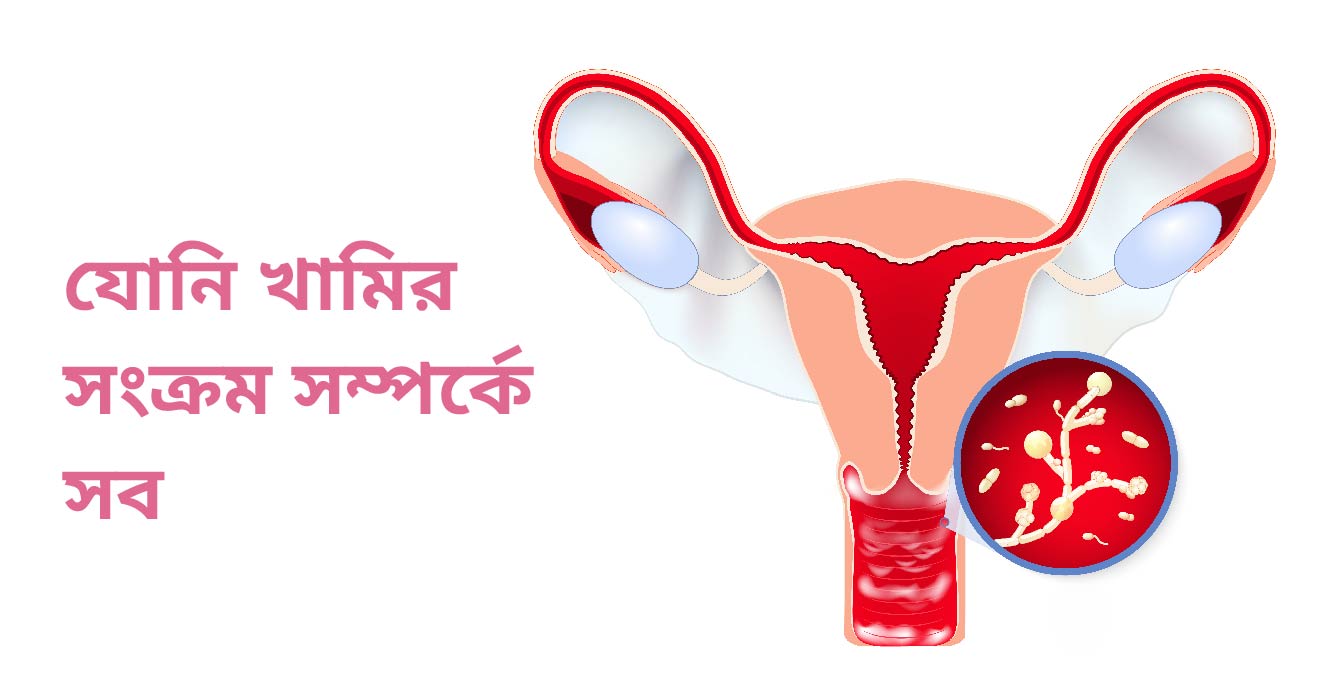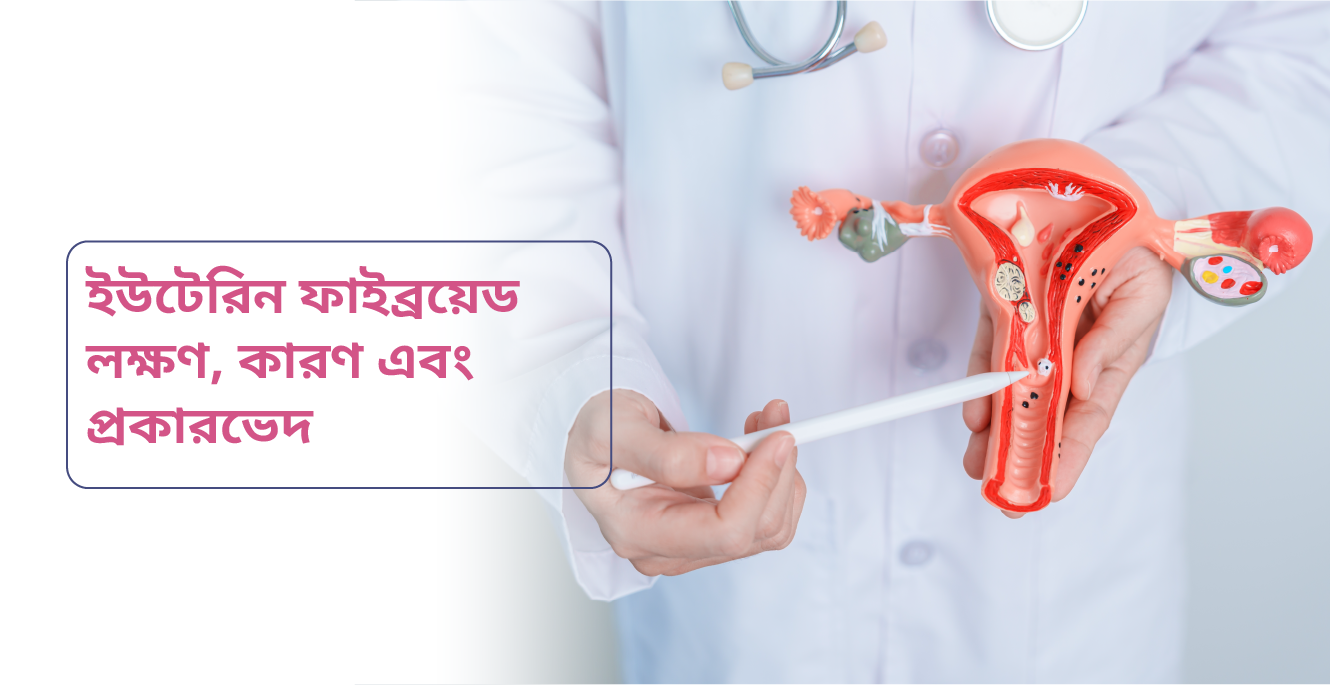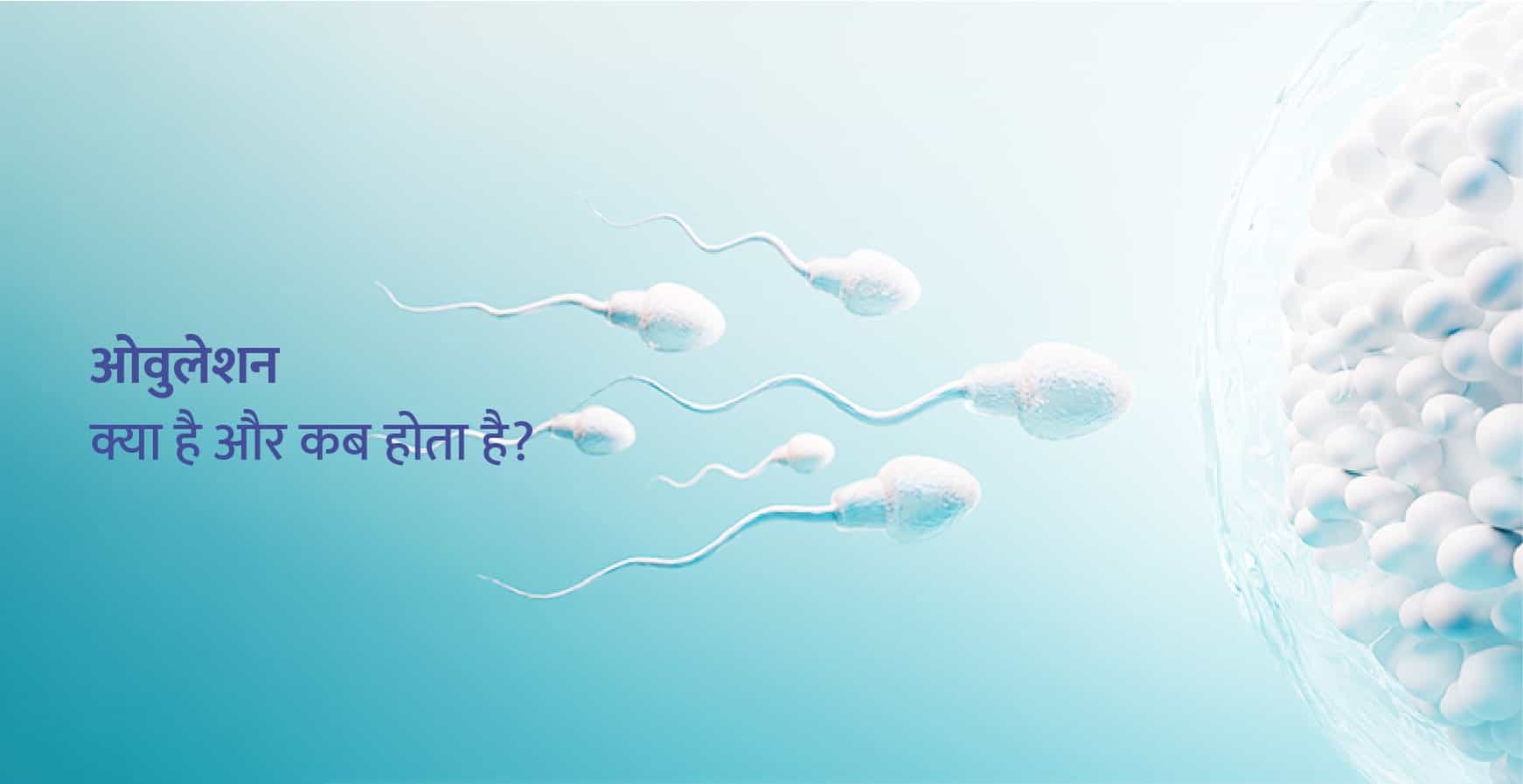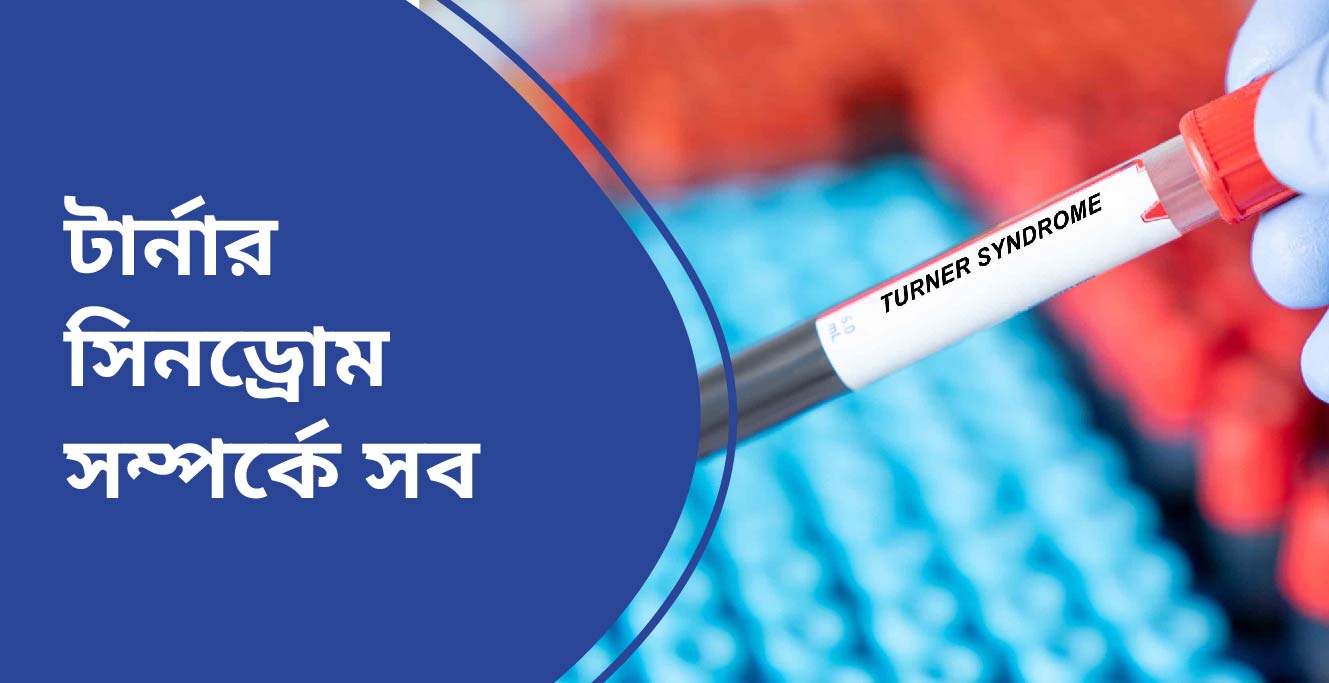Common Causes of Infertility in Females
- Published on February 22, 2022
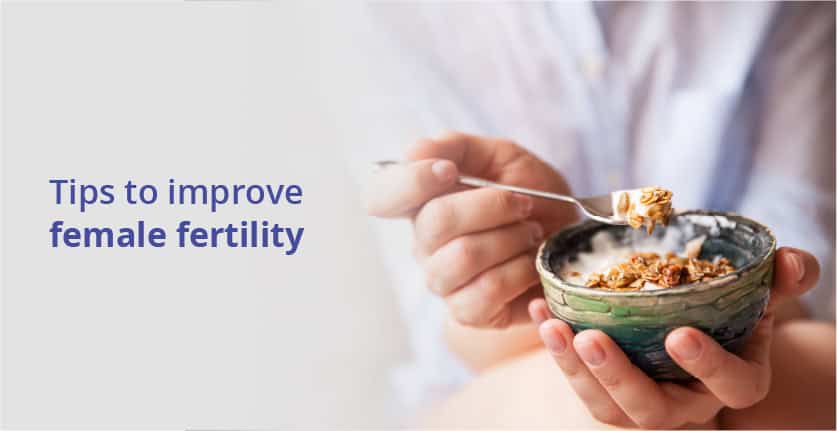
Unlike what is shown in daily soaps, getting pregnant is not as easy for everyone. In reality, infertility is far more common than presented on social media or television. According to the World Health Organization, approximately 48 million couples worldwide suffer from infertility. More so, nearly half of these couples experience female factor infertility. But why does female infertility happen? In this article, we will answer this question and learn about the common causes of infertility in females.
In the piece below, Dr Prachi Benara, a female infertility specialist at Birla Fertility & IVF, explains what causes female infertility?
Table of Contents
What are the common causes of infertility in females?
Apparently, there are several female infertility causes. However, before we begin to understand them one by one, we must know the fundamentals of female infertility and what is it all about?
Female infertility overview
Female infertility is defined as the inability to get pregnant due to female factors after upto 1 year of trying. When the female partner in a couple faces challenges in conception, then the infertility is described as female infertility.
Besides the failure to conceive, female infertility can be identified if the female has:
- Irregular periods
- Ovulatory disorders
- Painful periods
What causes female infertility?
In order to know the causes of female infertility, let us rewind some biology and understand how a female reproductive system functions.
A female reproductive system is built of the following organs:
- Vagina
- Uterus
- Ovaries
- Fallopian tubes
Here’s how these organs work for conception to happen:
- Each month, a woman of reproductive age experiences the process of menstruation. The average menstrual cycle lasts between 28-35 days.
- During your menstrual cycle, on nearly the 14th day, your ovaries release a mature egg through the process of ovulation.
- This mature egg is then captured by the finger-like structures at the end of the fallopian tubes.
- The mature egg can survive for up to 24 hours in the fallopian tube.
- During this time, the egg is fertilised by a sperm (which can survive in the fallopian tube for 5 days).
- The fertilisation of the egg and sperm takes place in the fallopian tube.
- The fertilised egg then travels down and implants in the uterus where it grows into an embryo.
If any of the above processes fail to happen, it may result in female infertility.
Female infertility causes
An obstruction or abnormality in any of the reproductive organs responsible for conception can lead to female infertility. Here’s what problems can occur in these organs resulting in female infertility causes:
Ovulation disorders
Ovulating regularly is the first significant step towards conception. However, there are several ovulatory problems that arise in women. Ovulation disorders are associated with problems in the regulation of reproductive hormones. Therefore, ovulation problems are considered the hormonal causes of female infertility.
Some common health conditions resulting from ovulation problems are:
Polycystic Ovarian Syndrome (PCOS) – PCOS is one of the most common causes of infertility in females. PCOS is a hormonal disorder characterised by two of the three features – irregular periods, excessive androgen (male hormone) or cystic ovaries. It is a highly common ailment with an estimated 1 in 5 affected women in India. According to the National Health Portal of the government of India, the prevalence of PCOS ranges between 2.2% to 26% globally. Irregular periods, cysts and high levels of androgen can disrupt the ovulation process leading to female infertility.
Premature ovarian failure – Premature ovarian failure is also known as primary ovarian insufficiency (POI). It is an ovulation disorder that leads to a premature loss of eggs, which means, a woman’s ovaries stop the production of eggs at a very young age. POI leads to irregular ovulation making it difficult for a woman to get pregnant.
Hormonal imbalances – Follicle-stimulating hormone (FSH) and luteinizing hormone (LH) are the two hormones responsible for stimulating ovulation in a woman. Any imbalances in these hormones caused by stress, weight gain or weight loss can affect the ovulation process.
Endometriosis
The leading cause of infertility in females is endometriosis. It is a condition that occurs when tissue similar to the tissue that grows inside the uterine cavity grows outside it.
Nearly 25 million in India suffer from endometriosis and nearly 30-50% of these women suffer from infertility. The abnormal growth of tissues can occur on the ovaries or fallopian tubes disrupting the anatomical reproductive system.
Each month, as part of the menstrual cycle, the uterine lining sheds. When you have endometriosis, the extra tissue also sheds but does not leave your body. Over time, this blood may collect in the body and develop into cysts or scar tissues causing disruption in ovulation.
Besides altering the anatomy of the pelvis, endometriosis can cause chemical changes in the uterine lining and the hormonal environment of the uterus disrupting the process of implantation.
Blocked fallopian tubes
Infertility caused by any damage to the fallopian tubes is known as tubal infertility. Tubal infertility is the most common cause of female infertility. Anatomical damage or blockage in the fallopian tubes can cause a blockage in:
- Capturing the mature egg
- Getting the sperm to the egg
- Passing the fertilised egg to the uterus
There are several reasons why one may develop tubal infertility. Some common reasons include pelvic inflammatory disorder, surgery in the pelvis, tuberculosis and more.
Uterine fibroids
Uterine fibroids are defined as the non-cancerous growths that develop inside the uterus. These fibroids vary in size, number and location. Large-sized fibroids inside the uterine cavity can affect your chances of pregnancy. Uterine fibroids, however, do not always cause conception problems. These are considered indirect causes of female infertility.
Moreover, fibroids can also cause various birthing complications. Fibroids can cause anatomical changes in the shape of the uterus disrupting the implantation of an egg. They may also disrupt the passage of a fallopian tube and interfere with the blood flow to the uterus.
Sexually transmitted infections
Untreated sexually transmitted infections (STI) such as gonorrhoea and chlamydia can cause pelvic inflammatory disorders in women further leading to tubal infertility.
Implantation failure
As mentioned above, various reasons such as uterine fibroids, endometriosis and more can cause implantation failure and are among the direct causes of female infertility.
Besides these structural problems, implantation failure can also occur due to:
- Genetic problems in the embryo
- Progesterone resistance
- Thin endometrium lining
Tips to improve female fertility
Learning about the causes of female infertility allows us to practice caution and prevent these conditions.
Here’s what you can do to improve your fertility naturally:
- Eat a well-balanced nutritious diet
- Exercise regularly
- Eat foods rich in antioxidants
- Don’t skip breakfast
- Plan a fiber rich meal once a day, at least
- Take multivitamins
- Reduce your levels of stress
- Lose weight, if obese
- Maintain a healthy body weight
- Avoid smoking and drinking
The Closing Note
Female infertility is a highly common phenomenon, not just in India but across the world. The several reasons leading to female factors infertility, however, can be treated effectively if the right treatment is given at the right time.
It is essential to learn about the common causes of infertility in females in order to be aware of their condition.
For more information, book an appointment with Dr Prachi Benara, a leading fertility specialist in Gurgaon, at Birla Fertility & IVF.
FAQs
What are the common causes of female infertility?
PCOS, endometriosis and blocked fallopian tubes are common causes of female infertility.
What factors affect a woman’s fertility?
Age, weight, previous pregnancies, lifestyle habits are some factors that affect female fertility. various pregnancies and lifestyle habits are some factors affecting female fertility.
How is female infertility treated?
Common treatment methods include lifestyle changes, ovulation stimulation, IUI, IVF and more.
How can I improve my fertility?
Eating a healthy diet, exercising and reducing stress are top methods of improving fertility.
Related Posts
Written by:
Dr. Apeksha Sahu
Consultant
Dr. Apeksha Sahu, is a reputed fertility specialist with 12 years of experience. She excels in advanced laparoscopic surgeries and tailoring IVF protocols to address a wide range of women’s fertility care needs. Her expertise spans the management of female reproductive disorders, including infertility, fibroids, cysts, endometriosis, PCOS, alongside high-risk pregnancies and gynaecological oncology.
Ranchi, Jharkhand
Our Services
Fertility Treatments
Problems with fertility are both emotionally and medically challenging. At Birla Fertility & IVF, we focus on providing you with supportive, personalized care at every step of your journey towards becoming a parent.Male Infertility
Male factor infertility accounts for almost 40%-50% of all infertility cases. Decreased sperm function can be the result of genetic, lifestyle, medical or environmental factors. Fortunately, most causes of male factor infertility can be easily diagnosed and treated.We offer a comprehensive range of sperm retrieval procedures and treatments for couples with male factor infertility or sexual dysfunction.

































